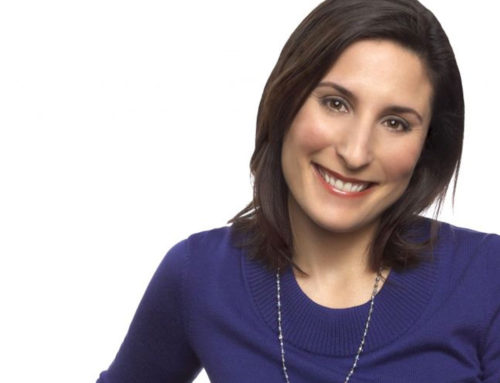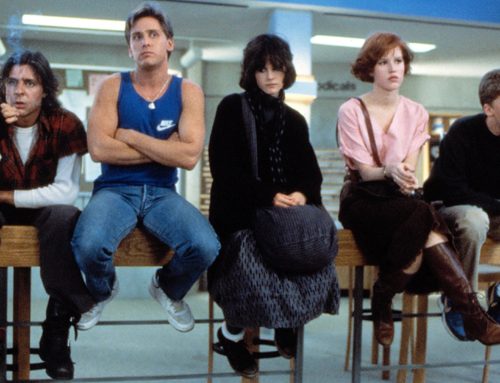The Austin Association of Marriage and Family Therapists recently held a private screening of Richard Linklater’s BOYHOOD for professional therapists that work with families, and I was fortunate enough to be asked to facilitate the discussion afterwards. Having appeared in a small role in Linklater’s film WAKING LIFE, I got a glimpse of who Linklater is and how he works.
A number of unusual circumstances continue to remind me of the synchronicity that is always an important theme in Linklater’s work, and is also constantly manifesting around him. In 2010, 60 Minutes ran a piece on Jared Loughner, the self-professed nihilist who shot Representative Gabby Giffords in Tucson. Much to my horror, the story centered around his obsession with the film WAKING LIFE, and it used my scene from the movie to illustrate a tenuous connection between the film and Loughner’s reprehensible actions. This was distressing to say the least, and I responded with an article in the Austin American-Statesman that essentially launched my private counseling practice.
Another strange coincidence is that I know Ellar Coltrane’s father, Bruce Salmon, and we were next-door-neighbors when Ellar was a young boy. Ellar, of course, is the film’s star, and back when we were neighbors, I had no idea that he was participating in an annual film shoot that would culminate in a magnificent film 12 years down the road.
Now, with all the name-dropping out of the way, I can say that the biggest theme in the film that relates to families is the supreme importance of an emotional connection between parents and children. This connection is crucial to maintaining a healthy relationship when children enter the netherworld of adolescence. Through the struggles, challenges and turmoils of this family, the children (played by Ellar and Linklater’s daughter, Lorelei) rely on the palpable love between themselves and single mom Patricia Arquette. Even when ne’er-do-well Dad, played by Ethan Hawke, enters the picture from time to time, his deep care and desire to understand his children’s emotional lives shines through. This is the foundation of all healthy families; no matter what happens — divorce, alcoholism, violence, unexpected change — if the children can feel the bond of love, their natural resilience can get them through just about anything.
While Linklater’s work is unique and certainly not for everyone, the constant thread in his work is his insatiable curiosity about the human condition. Linklater is a deep thinker, in tune with his emotional life, full of empathy, and a follower of his intuition. This gives a sense of hyper-reality to his films, which can often evoke emotional discomfort in his audience. (In a culture where most people stuff or mask their emotions, again, his work isn’t for everyone!) What’s more is that Linklater never preaches or passes judgment; the organic process of his work allows the human condition to be revealed in its natural state. The organic quality of his work has never been richer than in BOYHOOD, and Linklater credits the film’s bizarre shooting schedule (shooting only a few days per year for a dozen years) with giving him time to proceed with the narrative at a glacial pace, giving him loads of time to contemplate, to digest, to ruminate, and to struggle with the lives of his characters. Moreover, imagine casting a film with six-year-old actors, having NO IDEA of how they would grow and change and develop!
The groundbreaking methodology in this film can inform our own journey as parents. Rather than mapping out our children’s lives, we must act as best we can in the moment, with the information and consciousness that we have at the time, and then adapt to the natural changes of human development. All the while, we must take great pains to maintain our emotional connection with and unconditional love for our children. This is the task of healthy families, and BOYHOOD is a breathtaking portrayal of how one family successfully navigates the rocky journey from boyhood (and girlhood!) to adulthood.





